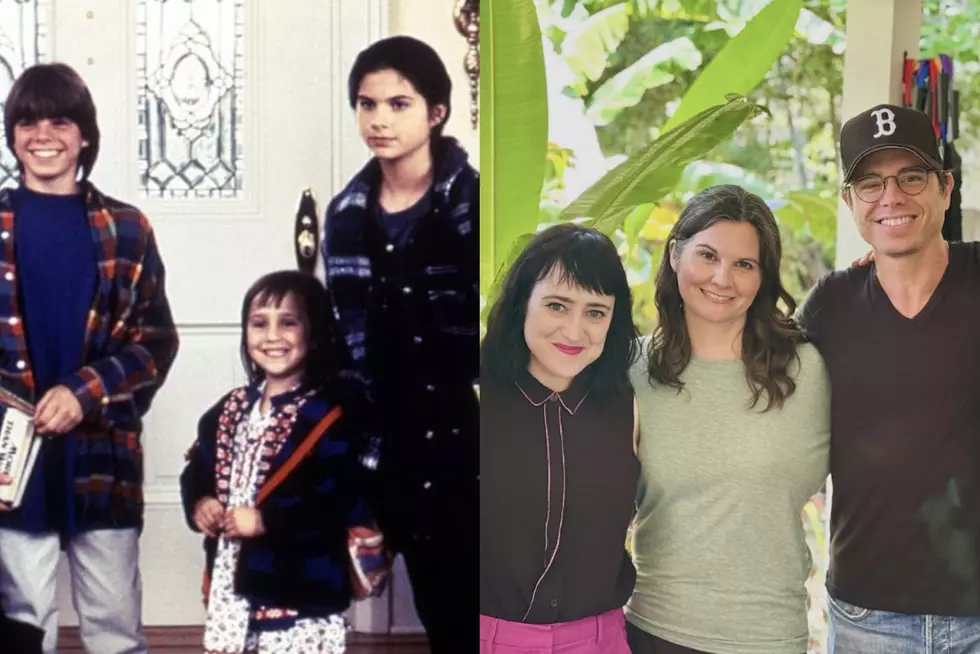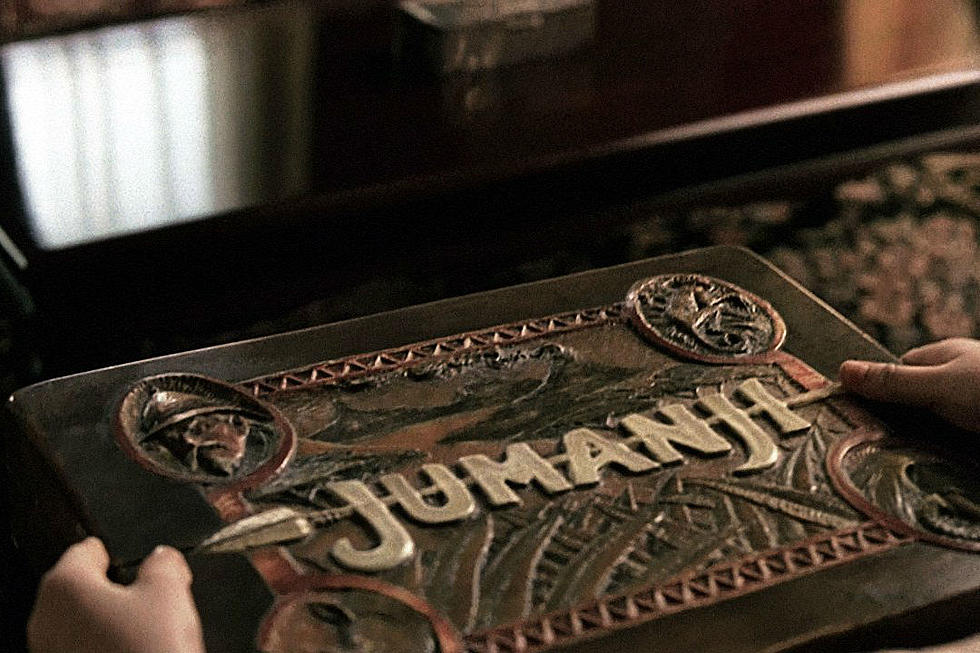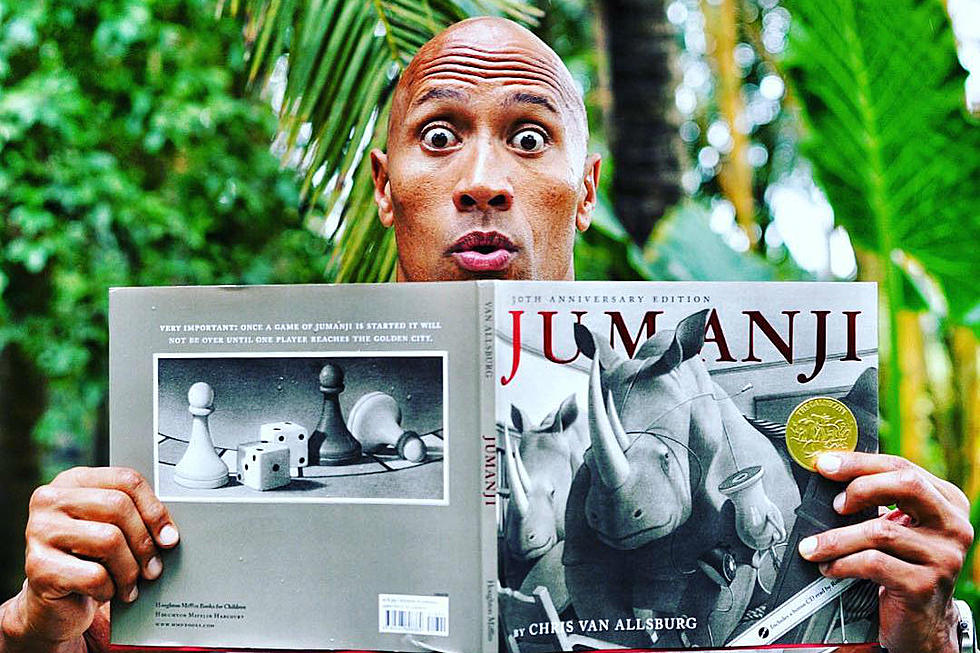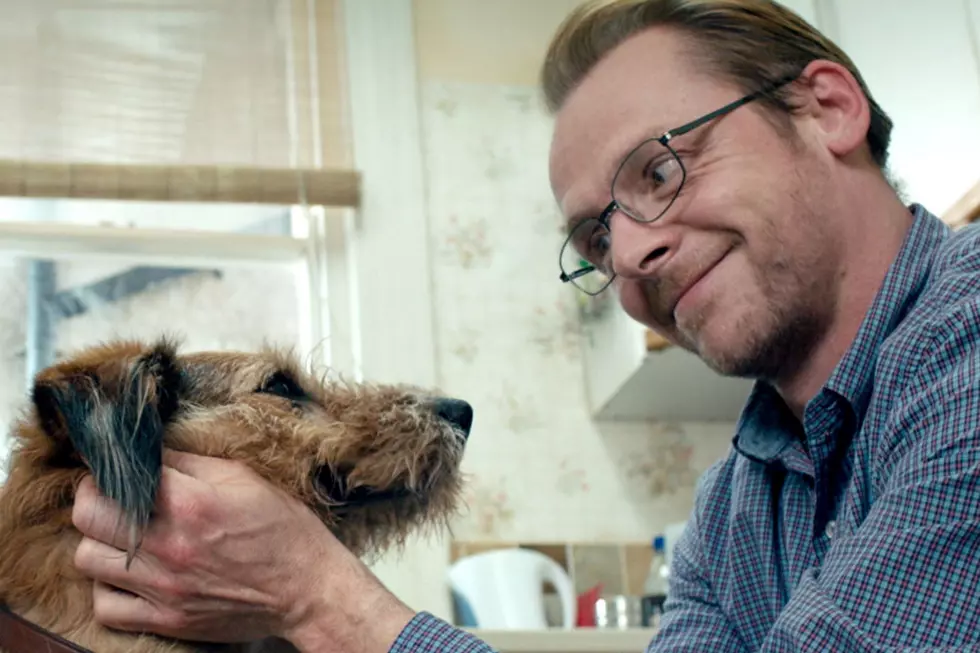
Yes, It Was OK To Tweet About Robin Williams After He Died
Over the weekend, Will Leitch wrote a piece for Matter on how social media has turned celebrity death into, as Leitch puts it, “a public grieving competition.” As is usually the case with Leitch, it’s both well written and well thought out. I enjoy reading Will's writing on sports and on entertainment because he has a way of swaying me to a mindset that I had perhaps not thought of before or outright vehemently dismissed. (I think I’m overly setting this up as to quell any thought that this is a personal attack on Will, which is certainly not the case.) Having said all that … I did find his piece on the reaction to Williams’ death as a cynical way of looking at people.
The Internet can kind of be a terrible place, so it seems like an odd thing to disparage people from saying nice things about someone who just died. I’ve actually been kind of impressed on the lack of snark after the deaths of Paul Walker, Philip Seymour Hoffman, Harold Ramis and now Robin Williams. It’s actually a nice thing that people feel compelled to say something nice about a public figure who meant something to that person. And Robin Williams did mean something to a lot of people – probably a lot more than most people even knew.
And this is probably because we did tend to focus more on his bad movies than his good movies over the last few years (as Tim Grierson points out), so the sudden seismic shift in tone toward Williams is a little jarring and maybe could be seen as revisionist’s history. As Leitch notes:
Let’s offer this up as a thought experiment: What would have happened if, on Monday morning, I had posted the following to Twitter?
Well, yes, that really would have been strange. But two points here: (A) This is kind of how at the end of a bad relationship, we only focus on the bad times. After it’s over, we can gain a little more perspective and admit that, yes, there were good times, too. Also, considering Williams’ vast filmography, it would be a little weird to pick those two movies as "the shit." I get a point is trying to be made here, but if those two movies were replaced with ‘The Fisher King’ and ‘The Birdcage,’ I suspect Will wouldn’t be excoriated for tweeting such a thing. (Asked if he’d been drinking or had let his son punch on the exclamation point button? Maybe.) Honestly, I didn’t see a lot of outpouring of love for ‘Patch Adams’ just because Williams had died, the only real mention of it as something to remember that I can find is in this Vanity Fair piece, but I think we can all safely still agree that ‘Patch Adams’ is still a bad movie.
The thing is, we really don’t know why someone feels compelled to tweet after a public figure dies, but I have a hard time believing it’s a case of one-upmanship at play here. I can really only speak for myself -- and I found myself genuinely upset -- but I suspect the nature in which this happened, Williams taking his own life, led to a lot of emotion. I imagine if Williams had been publicly battling a long illness, the reactions would all be quite different. And this was the case for Walker, Hoffman and Ramis, too – all of those deaths came as a shock. (As it turns out, Ramis had been battling a long illness, we just didn’t know anything about it. And that’s not to say addiction and depression aren’t illnesses – they are -- but, again, these deaths came as genuine shocks.)
Legendary actress Lauren Bacall died the day after Robin Williams, but it was a different reaction on social media. There were remembrances of her finest performances, but the level of grief wasn’t the same. This isn’t to discount her death or even compare, but it’s human nature to be able to accept that an 89-year-old woman died. And if people really were trying to one-up each other, I’d imagine we would have seen that in Bacall’s case, too. I truly believe that people reacted the way they did to Williams’ death out of a genuine feeling of loss. And just because you might not feel the same emotion, doesn’t mean it isn’t real for other people.
And that’s another thing: It is kind of silly that we do feel such a bond toward these strangers. (That’s a whole other topic, but I will add that I have been very guilty of bonding to strangers and I haven’t quite figured out why yet.) But when someone dies in a way like Williams did, it’s hard not to think that this was a guy who made me happy many times over the span of my life, yet he died sad. Posting something to social media certainly isn’t going to correct that or let Williams now know how people felt, but if it makes the person tweeting feel better, there’s really no harm in this. This isn’t maliciousness; it’s just human nature. (Except for Buzzfeed's "Koko the Gorilla is sad about Robin Williams" post, that really was dumb.)
And I’m open to the fact that Will is 100 percent right about this and that I am 100 percent wrong. And I know that by adding this right here at the end, I’m undercutting my own argument. But if I am wrong, I just refuse to ever believe that people could be that cynical. I think it’s nice to see people saying nice things about a person on social media -- or, really, in any situation these days. It doesn’t happen very often. I wish we’d do it more, before that person is gone and can’t see the effect he or she had on people.
Mike Ryan has written for The Huffington Post, Wired, Vanity Fair and GQ. He is the senior editor of ScreenCrush. You can contact him directly on Twitter.
More From ScreenCrush









